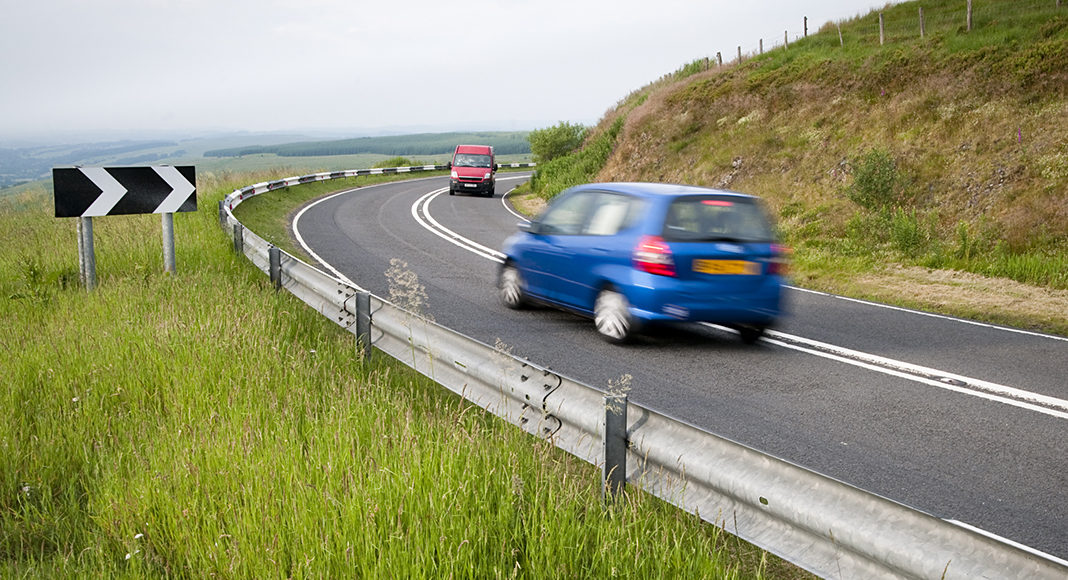Drivers don’t feel safe travelling at the default 60mph speed limit on rural single-carriageway roads, according to a new report by Brake, the road safety charity and Direct Line.
While nine in 10 said they generally aim to drive at around the limit on roads of any kind, fewer than a quarter (23 percent) said that 60mph is a safe speed for a vehicle on a road where there may be people on foot, bicycles and horses.
“Drivers have made their views clear – travelling at 60mph on rural roads doesn’t feel safe to them, and the majority would support or not object to the limit being reduced,” said Joshua Harris, Director of Campaigns for Brake. “The current default limit gives a false impression that 60mph is a safe speed and this is putting everyone who uses our rural roads at risk. With 17 people killed or seriously injured on these roads every day, the Government must review the default speed limit with a view to its reduction.”
Most rural roads in the UK have a 60mph speed limit, which is the national default for single carriageway roads. However, these roads are often narrow with blind bends, brows and no pavements or cycle paths, with a lack of alternate direct and segregated routes for people on foot, bicycles or horses. These roads also have other hazards like the presence of animals or items in the road such as a tree branch. Overgrowing hedges and trees can obstruct visibility of the road and signs and can also present an additional danger in the event of a crash.
“Speed and rural roads can be a deadly combination. However, a speed limit is not a target that must be attained and people should drive to the conditions of the road,” said Steve Barrett, Head of Direct Line Car Insurance. “Rural roads have many challenges for all those that use them and speed can exacerbate this, in both stopping distances and reaction times.”
Nearly half (4 in 10) of all deaths on Britain’s roads occur on rural single-carriageway roads. On average, 17 people are killed or seriously injured on these roads every day.
The Brake and Direct Line report found that drivers either wanted, or were ambivalent, about a reduction to the default 60mph limit on rural roads, with less than one in five (19 percent) objecting to a reduction.



















